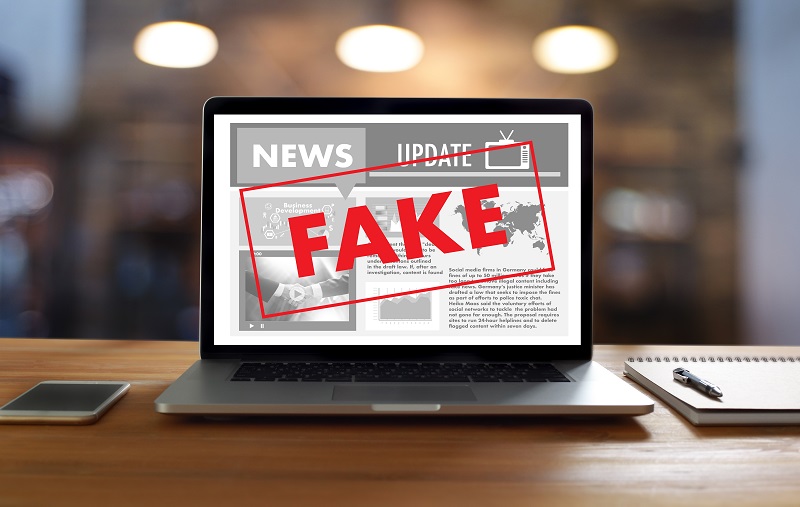On this day in 1835, the first in a series of six articles was published in The Sun, a New York newspaper. These articles were about the supposed discovery of life and even civilization on the Moon. The discoveries were falsely attributed to Sir John Herschel, one of the best-known astronomers of that time.
Misleading headlines and stories are still prevalent today. Use these resources from NCTE and ReadWriteThink.org to help infuse your school and community with critical media literacy practices.
The Resolution on English Education for Critical Literacy in Politics and Media promotes pedagogy and scholarly curricula in English and related subjects that instruct students in civic and critical literacy, going beyond basic reading comprehension to the thinking skills that enable students to analyze and evaluate sophisticated persuasive techniques in all texts, genres, and types of media.
“Real Teaching in a Time of Fake News” shares how educators are rethinking many of the traditional methods and mantras of teaching students to evaluate news sources and developing more sophisticated means of teaching media literacy and the evaluation skills that will benefit students in many aspects of their lives in and outside of school.
“People must learn, as with everything else, how to look at any piece of writing, any video, any news story and gauge its usefulness, bias, and truthfulness,” writes Katelynn Giordano in “Teaching News Bias without Being Biased.”
The themed issue of English Journal titled “Fakery v. Facts” challenged article writers to tell stories of both the struggles and the successes they have had preparing students to be critical and responsible citizens, focusing on questions such as “How can we prepare our students to both embrace the digital world and simultaneously question its effects on the culture?”
Research has shown that online reading requires not only traditional comprehension strategies, but also new digital- and media-literacy strategies. In this lesson, students learn how to use these comprehension strategies and then apply the strategies as they read a variety of hoax websites and evaluate the content.
How else can we ensure that our students develop world knowledge to become critical consumers?

